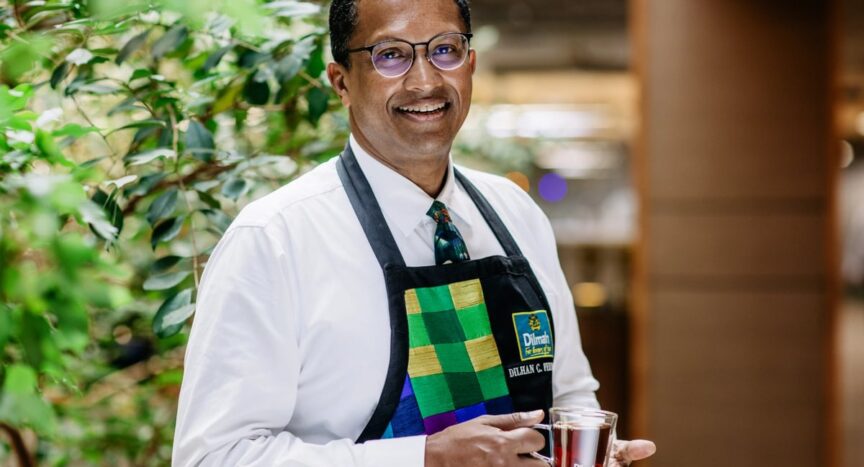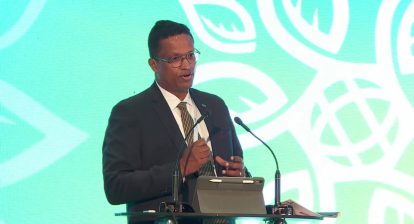Let’s look at a couple of misleading perceptions pertaining to drinking tea with milk, and the caffeine content of tea, which Tea Grower and Dilmah Chairman Dilhan C. Fernando categorically classifies as Tea Myths.
Tea Myth:
Adding milk to tea reduces its benefits.
Busting the Myth:
The tea brewing process extracts antioxidants from the tea leaf into the liquor. Once brewing is complete, the antioxidants from the tea have already been extracted into your cup. Hence, adding milk – or any other liquid element, as with tea mocktails and cocktails – does not have an impact on the antioxidant potential of your tea.
The addition of other enhancements such as herbs and spices, too, will only add the respective health benefits of those ingredients, with no detrimental effect on the health benefits of the tea itself. If you’d like to know more about the antioxidant capacity of tea, read more here.
Tea Myth:
Tea contains too much caffeine.
Busting the Myth:
As per the European Food Safety Authority’s (EFSA) recommendations, for an individual with a body mass of 50kg, it has been deemed safe to consume up to 150mg of caffeine per day. In comparison to an average of 100mg of caffeine per serving of coffee, a serving of tea typically contains around 20mg of caffeine. This implies that for a person with a healthy body mass index (BMI), it is completely safe to consume between 4-6 cups of tea in a day.
Uniquely, tea is the only agricultural crop that contains L-theanine, a non-protein-forming amino-acid that is known to reduce anxiety and stress without bringing about drowsiness. Hence, in synergy with the small amount of caffeine present in tea, a cup of tea would be the best option to pique your alertness while maintaining your calm.
Also see Myth Busters 1: Black Tea and Tea Dust.







Pingback: Myth Busters 1: Black Tea and Tea Dust – Dilmah Family